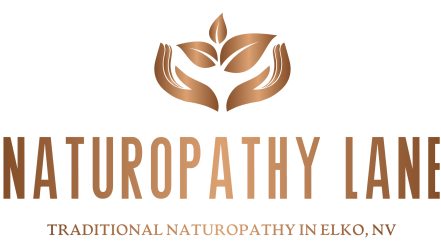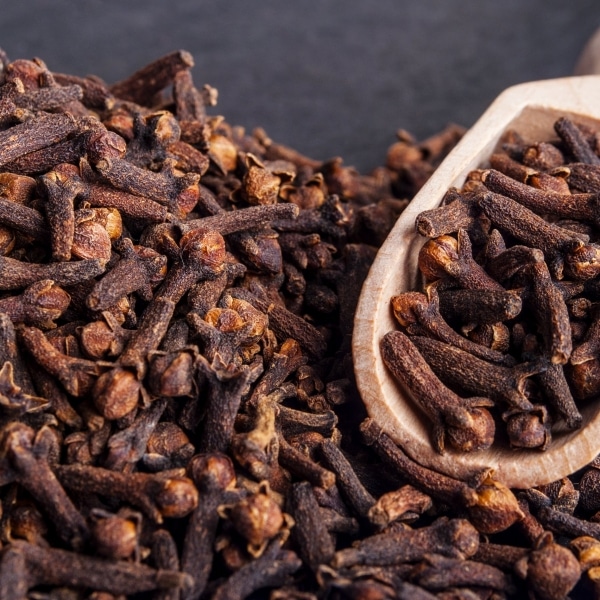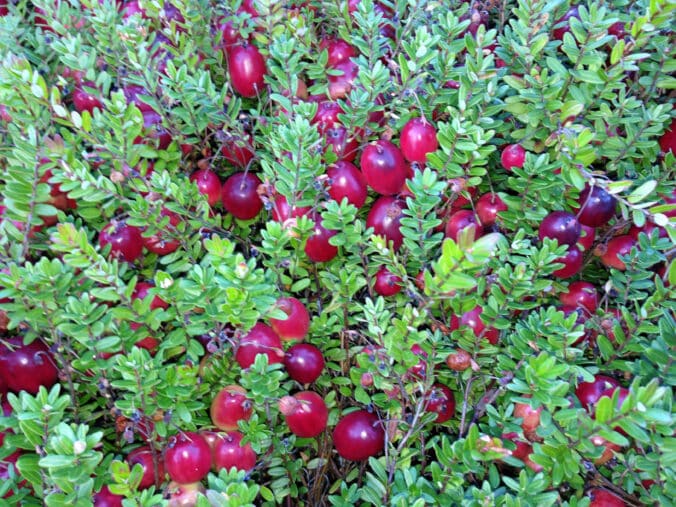Cloves, a popular spice with a rich history, has been used for centuries in natural medicine due to its numerous health benefits. Derived from the Syzygium aromaticum tree, Clove is a small, reddish-brown flower bud that is commonly used in cooking and traditional medicine.
In natural medicine, various parts of the clove plant are utilized for their therapeutic properties. The bud, stem, and leaves of the clove plant are all used in different forms to address different health issues. The active constituents of clove include eugenol, eugenyl acetate, and caryophyllene, which contribute to its medicinal properties.
Clove has a wide range of uses in naturopathic medicine. It is celebrated for its antimicrobial, antifungal, antiviral, and antiseptic properties. It is often used to alleviate toothaches, reduce inflammation, and combat infections. Additionally, clove oil is commonly used for its analgesic properties to alleviate pain and discomfort in conditions such as arthritis and muscle aches.
Recent research has shed light on the various functions of clove in promoting health. Studies have revealed its potential in managing diabetes by improving insulin levels and reducing blood sugar levels. Furthermore, clove has exhibited antioxidant properties, which can aid in protecting cells from damage caused by free radicals.
The potential health benefits of clove and its diverse applications in naturopathic medicine make it an invaluable natural remedy. As with any natural remedy, it is crucial to consult with a healthcare professional before using clove for medicinal purposes, especially in cases of existing health conditions or if taking medications.
In conclusion, cloves are a versatile herb with a long-established history in natural medicine. With its active constituents and various uses in naturopathic medicine, clove continues to be a subject of interest in current research. Its potential to promote health and alleviate certain health conditions reinforces its status as a valuable natural remedy in the field of alternative medicine.




